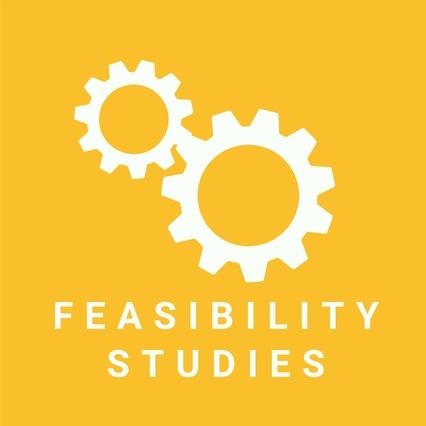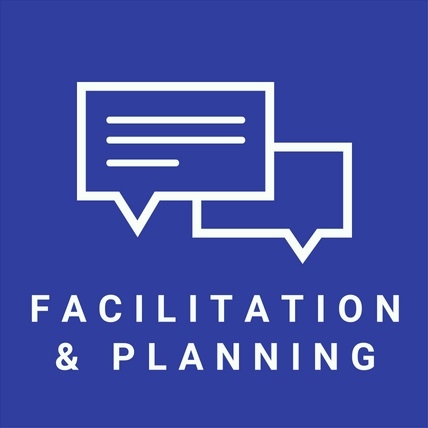Projects
CCBR typically has 15-20 ongoing projects and has completed over 500 projects since 1982. Each project is guided by our commitment to impacting social change in practical and powerful ways. We conduct research with people not on people, cultivating respect with communities at every step of the process.
Projects can be searched for using words from the project title or using the service area, theme, or date range for the project. You can also type 'Service Area' or 'Theme' into the search bar to get a list of options in each of these fields.
Projects
CCBR developed of a logic model for the Family Education Program in London-Middlesex. This project was funded by Canadian Mental Health Association (CMHA).
The purpose of this evaluation was to develop evaluation plans for all of the projects and data collection for some of the projects within Persistent Homelessness, a series of pilot projects aimed to address persistent and episodic homelessness and to aid people to find and maintain housing.
CCBR conducted a needs assessment and feasibility study for a community-based research ethics process in the Greater Toronto Area and Waterloo Region in partnership with the Wellesley Institute and the Regional Municipality of Waterloo.
CCBR was the lead community facilitator in developing a local immigration partnership that helped immigrants and refugees to successfully settle and integrate in Waterloo Region.
CCBR provided process and outcome evaluation support for a national project called Cool Moves, a program to teach about healthy eating and physical exercise. The evaluation was funded by the Boys and Girls Club of Canada.
CCBR provided process and outcome evaluation support for a national project called Get Busy. This program was designed to teach about youth mentoring, healthy eating, and physical exercise. The evaluation was funded by the Boys and Girls Club of Canada.
CCBR conducted an on-going evaluation of employment strategy developed by the London/Middlesex Immigrant Task Force (LMIETF). This evaluation was funded by the London-Middlesex Immigrant Employment Council (LMIEC) via WIL Counselling and Training for Employment.
CCBR conducted an on-going evaluation of a two-year program led by The Working Centre. The Social Work in Waterloo Region Bridge Training program was a preparatory program for Internationally Educated Social Workers (IESW) and others from related fields. The evaluation was funded by the Ontario Ministry of Training, Colleges, and Universities.
CCBR conducted a developmental evaluation of the pilot phase of the Stewardship and Capacity Building Initiative for the United Way of Cambridge and North Dumfries.
An online survey was constructed, and an analysis done of a cultural community survey for organizations connected to Piedmont Behavioural Healthcare in North Carolina. This study was funded by WLT Consulting.
An online survey was constructed, and analysis of organizational change was undertaken regarding recovery practices in six mental health agencies in Pittsburgh, PA and three mental health agencies in Philadelphia, PA. This study was funded by WLT Consulting.
CCBR conducted a program evaluation for the Macaulay Child Development Centre’s More Than a Haircut: The Barbershop Project. All stakeholder perspectives were included: participants, facilitators, barbers, and agency staff.












